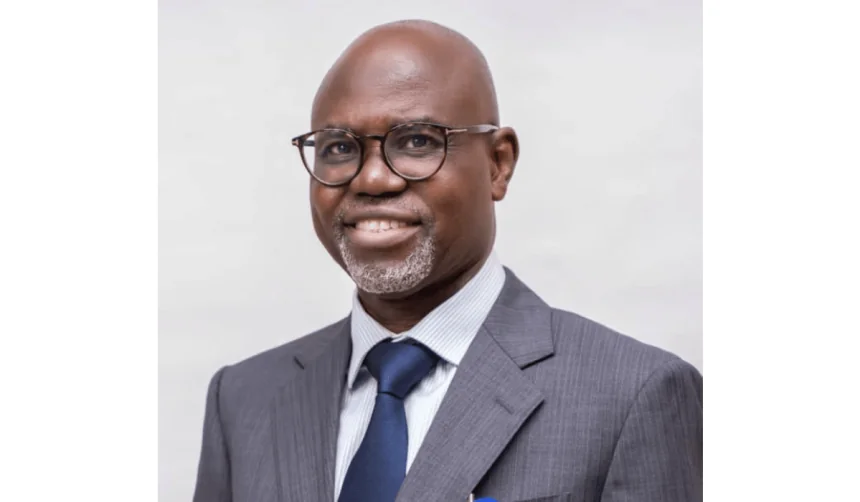The Vice-Chancellor of the University of Ilorin, Professor Wahab Egbewole SAN, has underscored the importance of integrating faith, knowledge, and innovation within higher education as a pathway toward sustainable development in Nigeria and beyond.
Professor Egbewole delivered this message on Thursday while presenting the keynote address at the Maiden International Conference of the Consortium of Islamic Faith-Based Universities, held at Fountain University, Osogbo, Osun State. The conference, themed “Bringing Faith, Knowledge, and Innovation for Sustainable Development,” attracted academics and stakeholders from across the region.
In his address, Egbewole emphasised that faith and knowledge are deeply intertwined, stating, “One must possess knowledge of the faith system before engaging in acts of worship.” He argued that universities must advance knowledge in innovative and sustainable ways, aiming to produce graduates who are not only skilled and employable but also ethical, purpose-driven, and committed to societal transformation.
“Education should cultivate creative thinkers and visionary leaders who embody honesty, integrity, and justice,” he said, noting that faith serves as the moral compass ensuring learning has significance beyond mere academic achievement. “Sustainable development in higher education can only be achieved through the integration of faith, knowledge, and innovation,” he added.
Professor Egbewole also highlighted the historical role of faith-based institutions in fostering holistic development by combining intellectual pursuits with spiritual growth. He connected the concept of sustainable development, as defined in the Brundtland Report, with Islamic principles found in the Qur’an and Sunnah, which warn against environmental degradation.
Referencing Islamic teachings, he noted, “The Prophet Muhammad advocated for sustainability even in dire circumstances, underscoring our duty to safeguard the planet for future generations.”
Earlier in her welcome address, Professor Ramota Karim, Vice-Chancellor of Fountain University, described the conference as a significant gathering of minds and missions, unified by faith, driven by knowledge, and anchored in innovation. She called for a faith-informed and ethically grounded approach to addressing complex global challenges, from technological disruptions to climate change.
Professor Karim expressed confidence in the ability of faith-based institutions to provide solution-oriented scholarship that benefits society. She revealed that the conference attracted over 107 research abstracts from scholars representing more than 20 institutions, a testament to the growing interest in reshaping sustainable development discourse from an Islamic perspective.
She also acknowledged the considerable structural and financial challenges confronting private universities in Nigeria, adding that discussions at the conference would explore alternative funding models and strategies for research sustainability.
The conference marked the beginning of a collaborative initiative among Fountain University and five other Islamic faith-based universities from Southwest Nigeria and Kwara State, namely Al-Hikmah University, Crescent University, Muhammad Kamaludeen University, Summit University, and Minaret University. The consortium aims to develop a strategic blueprint to advance Nigeria’s development through joint academic and research efforts.





